Ignacio valoró Permanent Record: 4 estrellas
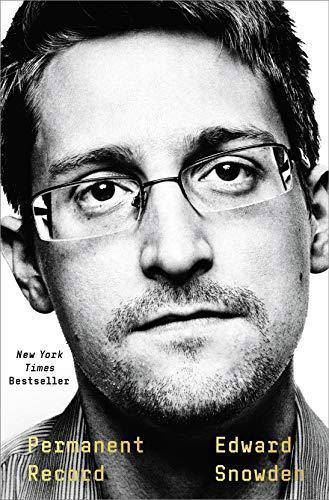
Permanent Record por Edward Snowden
Permanent Record is a 2019 autobiography by Edward Snowden, whose revelations sparked a global debate about surveillance. It was published …
Este enlace se abre en una ventana emergente

Permanent Record is a 2019 autobiography by Edward Snowden, whose revelations sparked a global debate about surveillance. It was published …
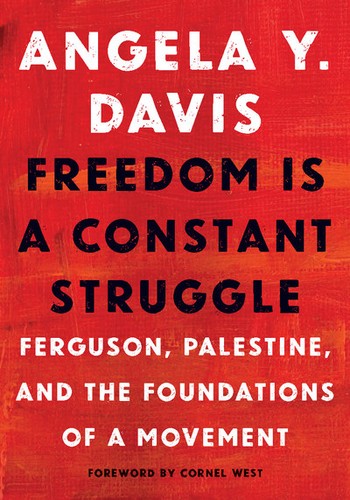
En este amplio y brillante conjunto de ensayos, la reconocida y erudita activista Angela Davis expone las conexiones entre las …
I grabbed this book not as an entrepreneurship or Kickstarter guide but to know more about their authors, the people behind Studio Neat, as I like their products and wanted a look behind the scenes.
In that sense it is an interesting and easy read. Also I think the first chapter (Philosophy) is a good summary of best practices in design.
I have really enjoyed this book. I was a teenager on the 90s and remember reading the t-files from the cDc and later the appearance of Back Orifice.
I looked if there was any book about the cDc after they showed Veilid in DEF CON 31:
https://youtu.be/Kb1lKscAMDQ
And if you read this book you will see that Veilid has been a long time in the making.
xXx / RULE BOVINIA \ xXx
tl;dr get this book. Read it. Enjoy Vim like never before.
The first chapters of this book are a great introduction to the use of Vim for new users and upon reading some pages they will be more proficient than many seasoned users that didn't read the manual or grok Vim's style.
For the seasoned and expert user there is A LOT of information and tips in this book. Everyone will find something new and mind blowing.
Don't read this book. It's the original 2485 words Bullet Journal system soaked in more than 60000 words of snake oil.
I have used the recommendations in my notes since 2014, so I remember the original single page explanation. If you want to learn it in 3 minutes continue reading.
The original page: web.archive.org/web/20130818223813/www.bulletjournal.com/
The only difference with the current "method" is using dots [ · ] instead of boxes for the tasks and dashes [ - ] instead of dots for the notes. And that the content changed from CC-BY-NC-SA to full copyright, fancy that.
Some useful things mentioned on the book that weren't mentioned in 2014 but that appeared in the community are:
- Yearly Journal migration. Nothing special, just change your journal at least once a year. Keep the previous one
- Threading. When two pages are related not just note them in the index …
Don't read this book. It's the original 2485 words Bullet Journal system soaked in more than 60000 words of snake oil.
I have used the recommendations in my notes since 2014, so I remember the original single page explanation. If you want to learn it in 3 minutes continue reading.
The original page: web.archive.org/web/20130818223813/www.bulletjournal.com/
The only difference with the current "method" is using dots [ · ] instead of boxes for the tasks and dashes [ - ] instead of dots for the notes. And that the content changed from CC-BY-NC-SA to full copyright, fancy that.
Some useful things mentioned on the book that weren't mentioned in 2014 but that appeared in the community are:
- Yearly Journal migration. Nothing special, just change your journal at least once a year. Keep the previous one
- Threading. When two pages are related not just note them in the index but add the page number of the previous block to the page number on the left spread and when you add a next block go back to this spread and add the new block page number on the right side.
- Note linking: you can use page references in notes.
- Interjournal linking: Journal name + number. Examples: 2022p45, 2021Q3p6, whatever you name your journals.
- Prefer Leuchtturm1917 notebooks as they already have page numbers and an index on top of being of excellent quality.
And that's it. The rest of the book and the current website are a hodgepodge of new-ageisms and pseudoscience around basic practices of meditation, reflection and gratitude that try to grab you commercially.
If you want to complement your writing by adding meditation, reflection, prioritization and gratitude to your daily routines there are better books than this one.
I’m flabbergasted to see so many positive reviews of an unapologetically heteronormative book.
I can understand that people write from their experiences and idiosyncrasies. I can see how many people could have wrote a similar book in the 70s in Europe.
But this was written in 20-fucking-14 and it oozes transphobia and homophobia by the same omission it condemns in sexism. It also reeks of capitalist propaganda about deserving respect for effort, entrepreneurship and money after saying it wouldn't go into class struggle.
I’m really disappointed on people suggesting this is a good introduction to feminism in the 21st century. This is feminism for the 1% from a person that knows her privilege compared to her environment.
I stopped reading this book on chapter 3.
The style is callous and the author is prone to blame the Irish people of things like the Great Hunger or the lack of industry while openly condoning the British government.
This is written from a colonialist mindset and like the VSI to capitalism it has an obvious Tory bias so I assume that’s the editorial line of the VSI collection.
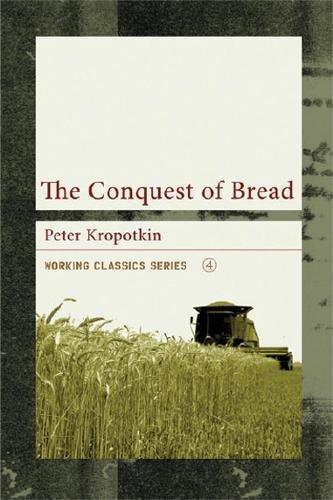
The Conquest of Bread (French: La Conquête du Pain; Russian: Хлѣбъ и воля, tr. Khleb i volja, "Bread and Freedom"; …
At the end of the day this is yet another self help book written with a lot of filler that could be a long article.
But I’m giving it four stars because although it is not original I think it is easier to read than other literature of the area.
And more importantly, it fills a void between GTD and more complete PKM methods like the Zettelkasten including a space for imperfection that both ZK and GTD don’t allow.
I have read worse books, starting with David Allen’s GTD.
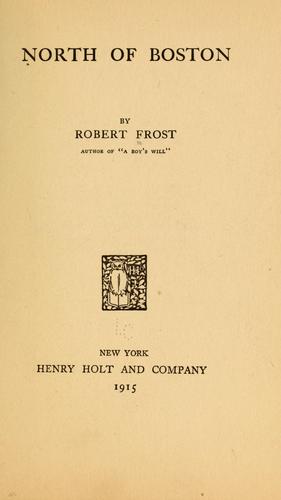
From the book:SOMETHING there is that doesn't love a wall, That sends the frozen-ground-swell under it, And spills the upper …
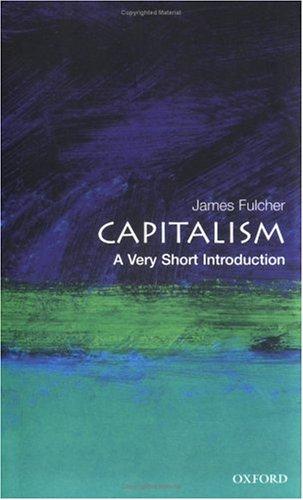
The word ‘capitalism’ is heard and used frequently, but what is capitalism about, and what does it mean? Capitalism: A …